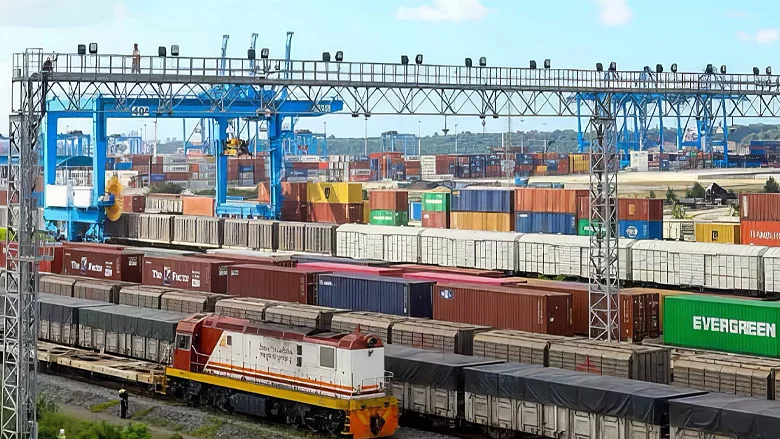In a bid to address the economic challenges exacerbated by global shocks and a domestic slowdown, Kenya is implementing austerity measures to rescue its economy. The warning of a looming debt crisis issued by the Kenyan national treasury in September 2023, attributed to global factors such as the lingering effects of Covid-19, has prompted the government to take decisive actions.
Read More: Lithium Mining Boom in Africa Raises Alarms Over Environmental Impact
Protests have erupted among the Kenyan population due to the rising costs of essential commodities, including food and petrol. The opposition party leader, Raila Odinga, added fuel to the fire by leading cost-of-living protests in the lead-up to the presidential elections, ultimately won by President William Ruto. In response to the economic strain, the government has initiated spending cuts, including the reduction of official trips and efforts to trim its growing debt.
To alleviate financial pressure, particularly on citizens, the government has imposed additional taxes. These measures aim to secure the completion of crucial infrastructure projects in the country. Despite the challenges, the government announced that it has successfully garnered $13 billion in investment opportunities and grants, primarily from the UK, the U.S., and China, according to Capital FM.
Read More: African Finance Summit Explores Challenges and Opportunities in Togo
President Ruto assured the nation that Kenya has taken positive steps to address the debt distress. As part of this effort, the country plans to make a $300 million payment in December 2023, targeting the $2.0 billion Eurobond maturing in June 2024. The government’s commitment to financial responsibility and its pursuit of international support reflect a determined approach to stabilize and revitalize the Kenyan economy amidst challenging circumstances.
